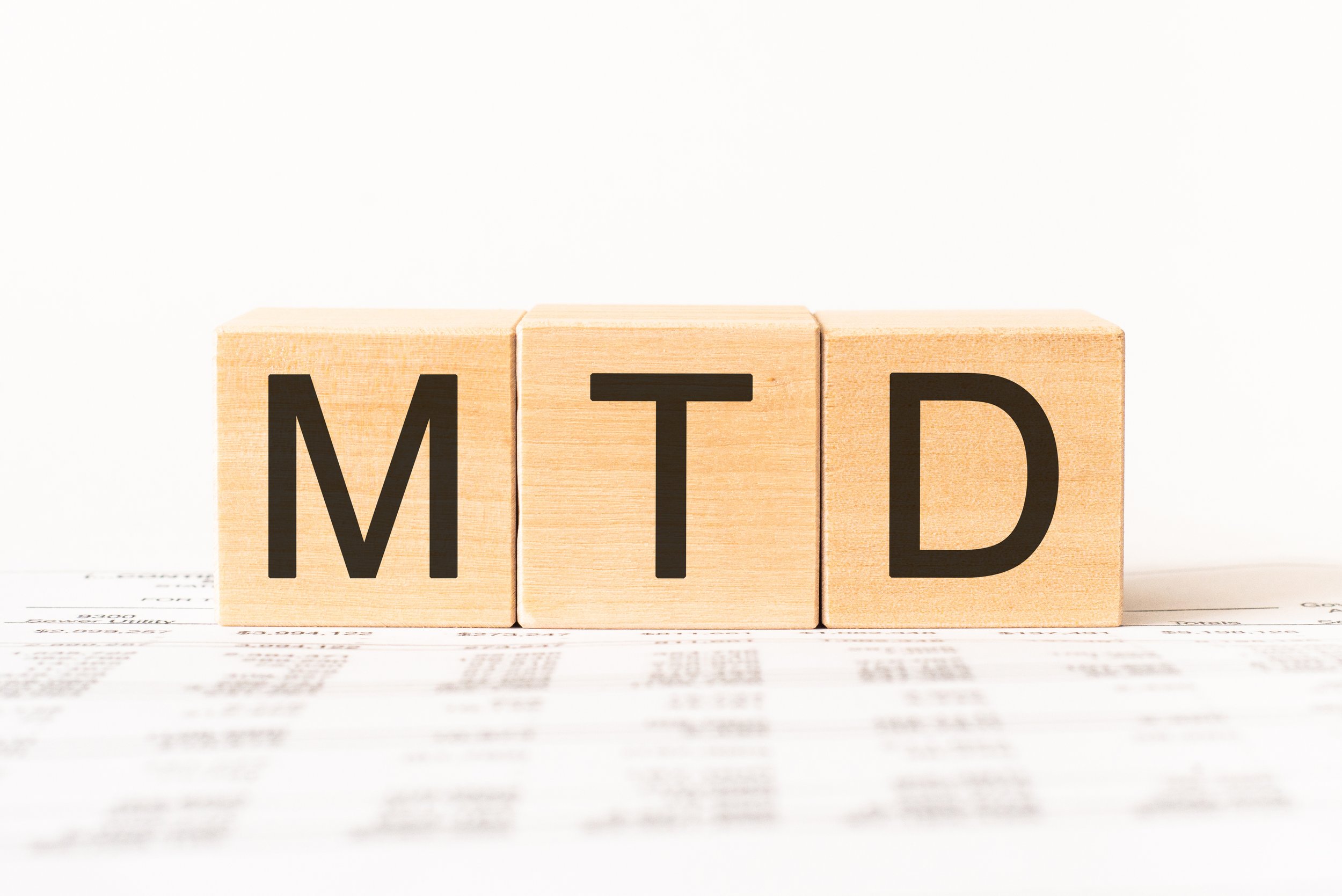More on Making Tax Digital
Making Tax Digital is here to stay!
In 2017, HMRC announced all businesses and individuals would eventually have to file their accounting information digitally, known as Making Tax Digital (MTD).
“Making Tax Digital is a key part of the government’s plans to make it easier for individuals and businesses to get their tax right and keep on top of their affairs.”
With effect from 1st April 2019, it became mandatory for VAT registered businesses with a turnover above £85,000 to keep records digitally, and use MTD compliant software or an appropriate bridging software to file VAT returns in line with MTD. Filing VAT returns in line with MTD allows HMRC to access and review the background granular data that constitutes the VAT return. To that end, the VAT submission must be sent via digitally compliant software.
The main aim of the measure is to encourage businesses to eliminate paper-based or manual processes through use of software, allowing for greater accuracy in tax returns. MTD aims to remove opportunities to make certain types of mistakes in preparing and submitting those tax returns.
From 1st April 2022, it become mandatory for ALL VAT registered businesses, regardless of turnover, to be compliant for MTD and this will apply to any VAT returns for the period ended after 30 June 2022.
This means that any VAT registered business will need to ensure they are ready to file their VAT return via MTD before the first relevant filing date of 7 August 2022. This may seem like an easy feat, but this isn’t a huge amount of time and will come around quickly, so if you haven’t already got your business ahead and this affects you, it’s time to get on with it and take action now.
If you don’t already have MTD compliant software, such as Quickbooks or Xero, your accountant can help you to get set up with these, or provide access to bridging software if necessary. HMRC have removed the option to file VAT returns manually through their website, so having access to the relevant software in good time to file your next return is imperative.
Even if accounting records are kept on spreadsheets, bridging software that links to those spreadsheets must be used, so that HMRC have access to the background data making up the return.
Despite some glitches and anomalies along the way, this has now become the norm.
From April 2026 many non-VAT registered self-employed businesses and landlords will also need to comply with MTD, depending on turnover, so it will be a busy few years until then getting small businesses ready. If this will affect you, get ahead and start getting yourself prepared whilst you have plenty of time.
Penalties for late submission
The deadline for submitting and paying your VAT return online is usually one calendar month and 7 days after the end of a VAT accounting period. All VAT payments must now be made electronically. If you register to pay by direct debit, this normally gives you an extra three days before any VAT payment due is taken from your bank account
Currently, if you are late submitting your VAT return, you may receive a default surcharge liability notice, which can result in escalating penalties if you are late submitting again. These penalties are a % of the tax paid late. HMRC will estimate this tax if they don’t have your return, this is known as an ‘assessment’.
From 1 January 2023, late submission penalties are being reformed to be a points-based regime. Taxpayers will receive a point every time they miss a submission deadline. At certain thresholds, £200 penalties will be issued, with further £200 penalties charged for each subsequent late return. There will also be a 2-4% penalty for late payment, varying depending on how late the payment is.
To find out more about MTD from HMRC click here.
SIGNING UP to MTD
You can sign up to through a recognised provider offering software that is compatible with Making Tax Digital, such as QuickBooks and Xero.
If you already have software, you can contact your provider about signing up or speak to us about becoming registered and getting set up.
FUSE is an independent Chartered Certified firm of accountants and tax advisors based in Highgate Village, North London. We provide a dynamic range of services to clients working in property, media, entertainment and professional services. Our clients vary in size from self employed sole traders, small enterprises and medium size businesses. We believe that comprehensive financial planning and sound business financial advice are the keys to growth and profitability.











